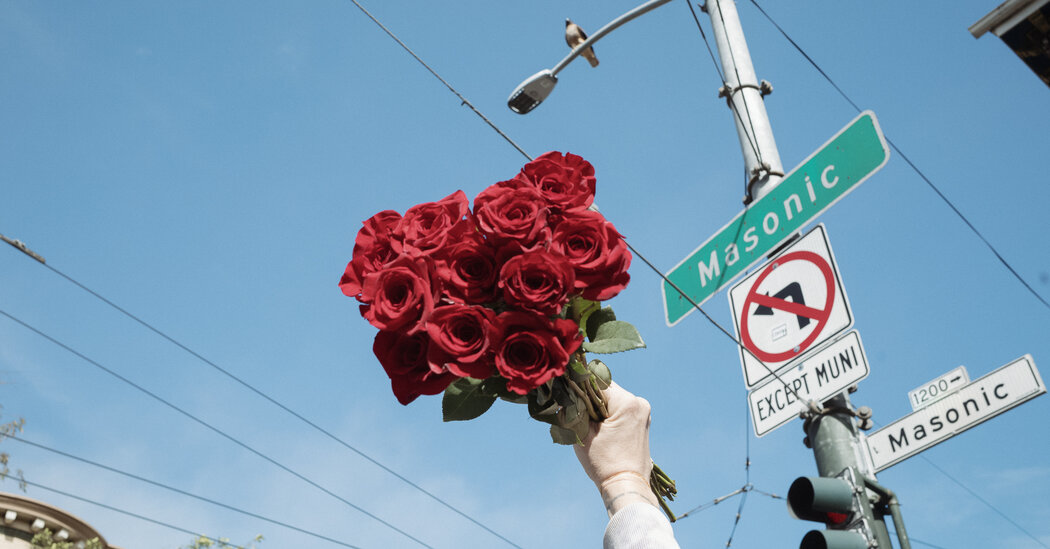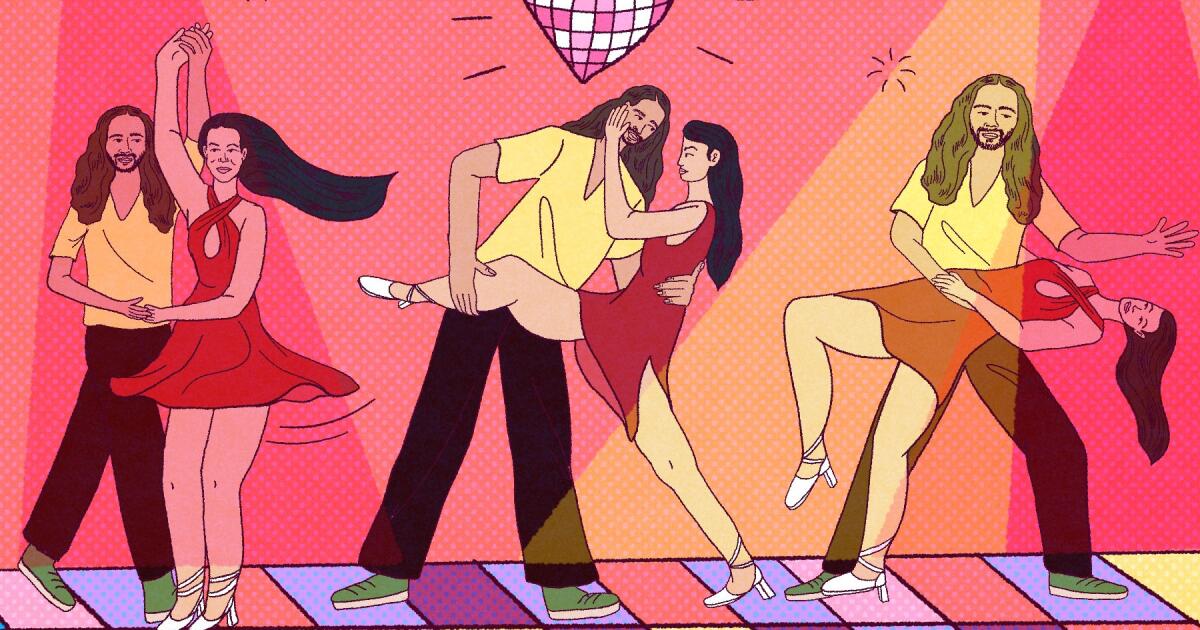Caffeinated sugary drinks are often the preferred solution for people who want to combat the mid-morning blues; However, new research suggests that these drinks could be linked to serious conditions that require emergency treatment.
Energy drinks tend to contain high levels of sugar and caffeine, which has led to calls for moderation.
A recent study carried out at the Mayo Clinic in the United States and published in the Elsevier journal Heart Rhythm has raised concern about the serious implications that carbonated drinks can have on our body.
Researchers examined data from 144 patients who had survived cardiac arrest after emergency treatment and found that seven of them, aged between 20 and 42, had consumed an energy drink some time before the life-threatening event. their lives, six required treatment with electric shocks and one required manual resuscitation.
Peter Schwartz, of the Center for Cardiac Arrhythmias of Genetic Origin and the Laboratory of Cardiovascular Genetics in Milan, Italy, wrote in an accompanying editorial: “Critics might say of these findings that 'it's just an association by chance.'
“We, like the Mayo Clinic group, are acutely aware that there is no clear, definitive evidence that energy drinks actually cause life-threatening arrhythmias and that more data is needed, but we would be remiss if we did not sound the alarm. . .”
The two main stimulants in carbonated energy drinks are caffeine and sugar, so what exactly does that do to our bodies?
“Caffeine increases heart rate, increases concentration, keeps people awake longer and prevents them from falling asleep,” explains Dr. Belinda Griffiths from The Fleet Street Clinic.
“Caffeine can be good for adults. “Many studies say that two coffees or more a day, depending on the amount of caffeine in each drink, could be beneficial for heart disease.”
However, refined sugar, especially in the amounts found in energy drinks, is not healthy at all.
“We can get by just fine, we get enough sugar from everything we eat and drink,” says Griffiths.
“It increases blood glucose, providing a brief burst of energy and then a crash, which can affect your mood and also make you feel hungrier and hungrier afterwards. [meaning] “You might want to eat more.”
London nutritionist Beanie Robinson, founder of The Health Space, says anyone looking to stop drinking energy drinks should consider switching to sparkling water.
The nutritionist says: “I don't think we want to rely on energy drinks for energy, I encourage clients to drink filtered water, this is what gives us energy.
“Consuming a large amount of energy drinks is an exposure to caffeine, artificial flavors and sweeteners that can affect our energy levels and gut.
“If you love having an energy drink every once in a while, it probably won't do you any harm; however, there are better alternatives that avoid sugar and caffeine.”
She also recommends adding a splash of lemon, lime, cucumber or mint to still or sparkling water for added flavor.












